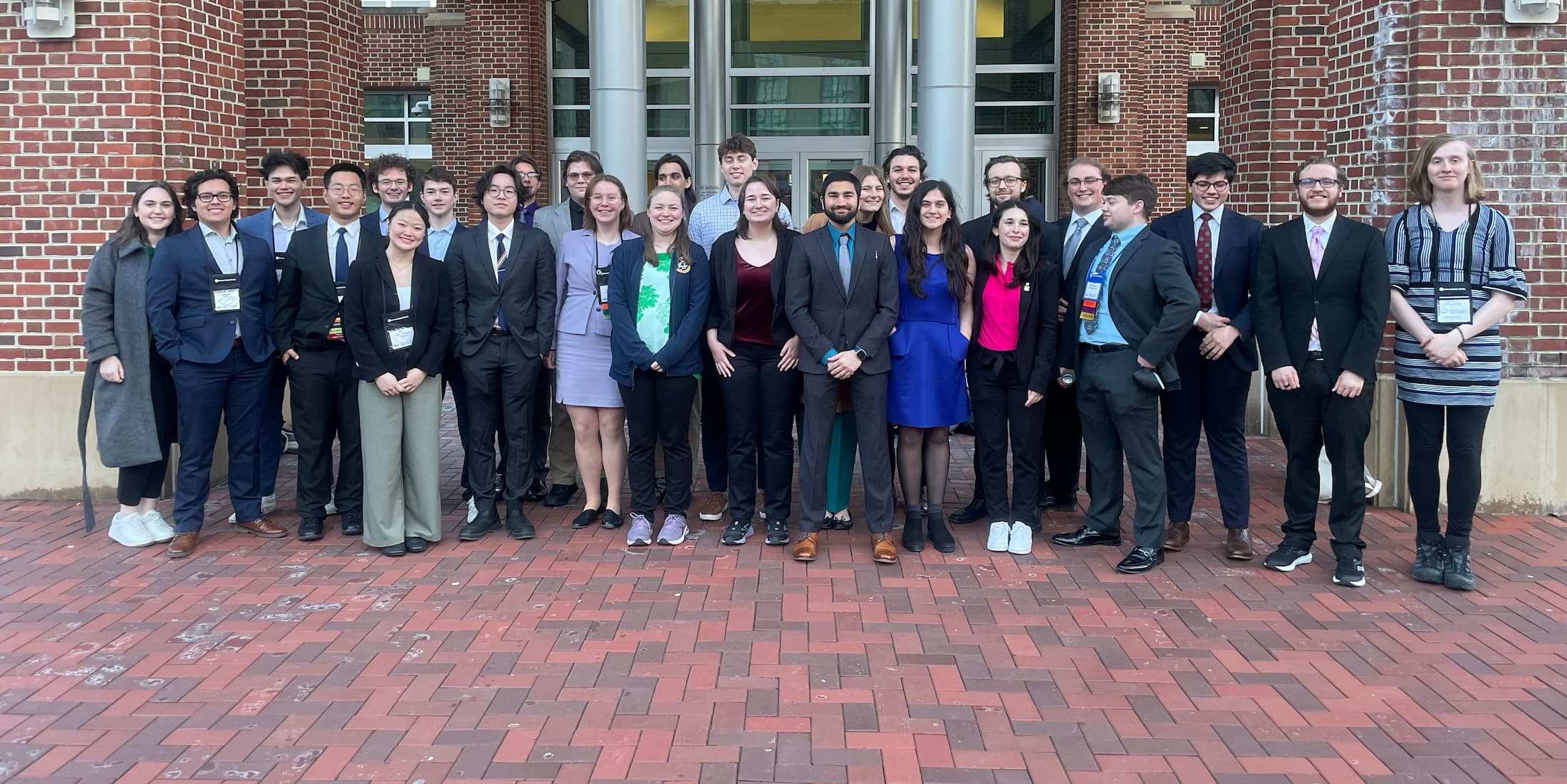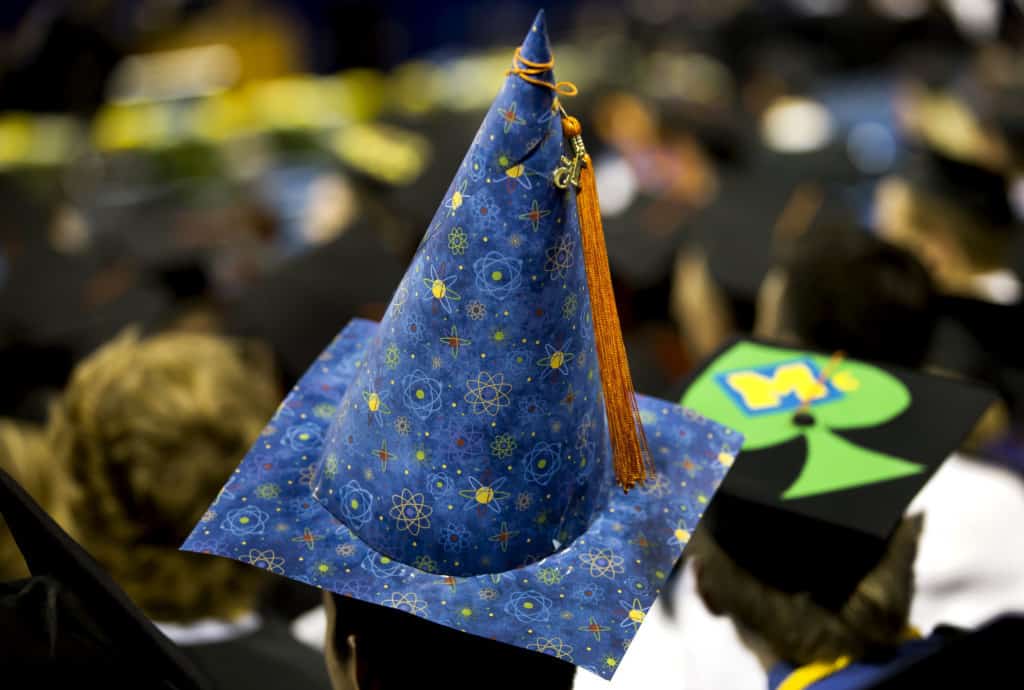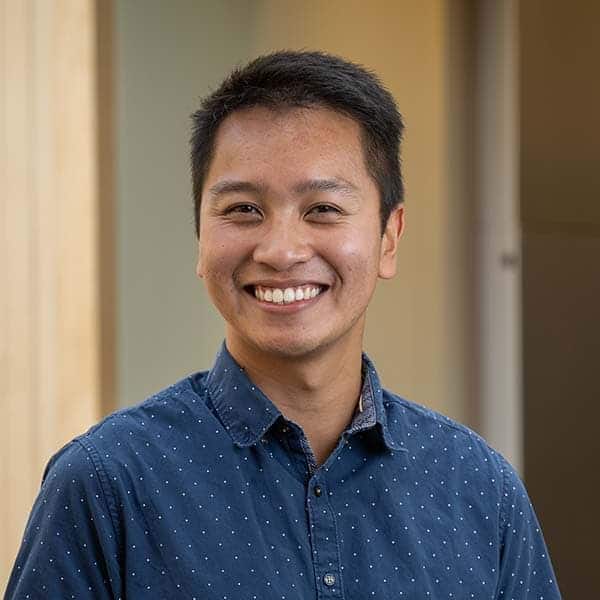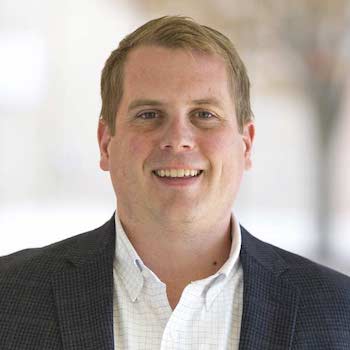
NERS Undergraduate Program
BSE in Nuclear Engineering & Radiological Sciences
Our students are part of the NERS family—a colleague and a contributor.
Our ABET-accredited Nuclear Engineering and Radiological Sciences Bachelor of Science in Engineering (NERS BSE) program equips students with essential skills for the various applications of nuclear processes and radiation across environmental, industry, healthcare, and government.
Why choose NERS?
World-Class Faculty
Learn from renowned experts and pioneers in the field. Our faculty members are not only educators but also leading researchers and industry influencers.
State-of-the-Art Facilities
Gain hands-on experience in our advanced laboratories and research centers. Our facilities include cutting-edge reactors, radiation measurement instruments, and computational resources.
Innovative Curriculum
Our program offers a comprehensive curriculum that covers all aspects of nuclear engineering and radiological sciences. From fundamental principles to advanced applications, our courses are designed to provide a robust and well-rounded education.
Research Opportunities
Engage in groundbreaking research projects that address real-world challenges. Our students (some as early as freshman year) work alongside faculty on innovative projects that span energy, medicine, national security, and environmental protection. Many have co-authored papers published in scientific journals.
Industry Connections
Benefit from our strong connections with leading companies and laboratories in the nuclear sector. These partnerships provide valuable internship opportunities, industry insights, and a pathway to successful careers.
Global Impact
Be part of a program that emphasizes the ethical and societal implications of nuclear technology. Our graduates are prepared to contribute to sustainable energy solutions, medical advancements, and safety enhancements worldwide.
Supportive Community
Join a vibrant and supportive community of students, alumni, and professionals. Our network fosters collaboration, mentorship, and lifelong friendships.
Multidisciplinary Studies
Engage with the environmental, social, political, and ethical aspects of the field by taking advantage of the quality and diversity of programs at Michigan to broaden your horizons and explore other fields of study. U-M boasts highly-ranked schools in Natural Resources, Public Health, Public Policy, Medicine, Law, and Business, and our students are encouraged to explore course sequences or collaborative programs in these other areas. Alternatively, with a solid background in math, science, and engineering principles, students often consider these complementary fields for future graduate or professional study.

Who should apply?
Our program caters to diverse educational paths, welcoming:
- Aspiring professionals seeking a BSE degree with ambitions to excel in dynamic and socially impactful fields like energy, medicine, government, or national security.
- Individuals preparing up for graduate studies in not only nuclear engineering and radiological sciences, but also in various disciplines such as medicine, law, and health physics. The strong math and physics background of our BSE ensures that our graduates are well-prepared for graduate programs in a diverse array of fields.
- Graduates aiming to leverage their foundational engineering analysis, teamwork, and communication skills to assume leadership roles in their fields.
Want to learn more about NERS or arrange a visit?
High school, transfer students, and current U-M students can:
- Schedule a meeting with Khan Nguyen, our Recruiting and Outreach Coordinator
- Contact us through the Undergraduate Program Information Requests form
- Take a general tour of North Campus, home of Michigan Engineering
Contacts
EXPLORE THE PROGRAM
Visit the Michigan Engineering majors site to learn more about the NERS Undergraduate Program.



